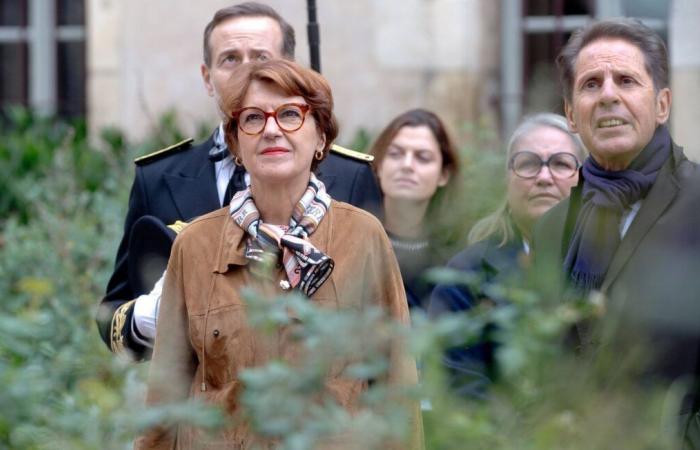In French farms, his name makes people tremble. Still under negotiation in the offices of the European Commission, the free trade agreement between the European Union and the Mercosur countries (Brazil, Argentina, Paraguay and Uruguay) does not pass. Already hard hit by repeated crises, the French agricultural profession does not want it.
The good news is that she is not alone in her fight. After Prime Minister Michel Barnier, who considered on Wednesday that the agreement was “not acceptable”, it is the turn of his Minister of Agriculture to reverse engineer the much-criticized trade treaty. “We would see a quantity of production arriving here that competes with ours even though it does not respect the rules imposed on our own farmers. And certainly at a lower price because the production conditions are infinitely less restrictive. It’s unfair competition,” said the minister in an interview with Telegram.
Demonstrations from Monday
Since her appointment in September by Michel Barnier, Annie Genevard has worked to try to reassure farmers, who have called for demonstrations starting Monday. The project was already vast before the agreement with Mercosur arrived on the table. Negotiated for more than twenty years, this draft agreement provides for import quotas into the European Union without customs duties or at reduced rates for beef, poultry, sugar, corn and even ethanol ( which can be derived from sugar and corn).
These sectors would be “in great difficulty” if the treaty was approved by the European Union. “What I criticize about free trade agreements is that they too often make agriculture an adjustment variable. It is often the same sectors that are concerned: beef, meat more generally. It is always the same people who pay the price of free trade. This is not possible,” denounced the former LR MP for Doubs.
“France’s position is not shared by the majority”
The question that arises is more to know what impact France's voice can have within the EU. Because by opposing the agreement with Mercosur, it is above all its agriculture that our country wants to protect, not that of Europe. “It is true that France's position is not shared by the majority at the level of the European Union. But this is not so clear-cut in a certain number of countries, which could join France's position and constitute an additional force for a veto. Nothing is certain but we are working on it with great energy,” the minister promised. Telegram.
By clicking on“I accept”you accept the deposit of cookies by external services and will thus have access to the content of our partners.
More information on the Cookie management policy page
I accept
To try to appease the profession, the minister also promised loans to consolidate the cash flow of the most fragile farms. Annie Genevard also indicated that the agricultural bill announced in 2022 would be “the first to be examined in January” in the Senate. What will it be about? No doubt a reduction in restrictions on the use of phytosanitary products. An option demanded by the main union FNSEA but which is making the organic sector scream. “We must not be radical in our attitudes and imagine combinations of solutions, without closing the door to experiments effectively implemented among our European neighbors,” recalled the minister.
The bill provides in particular “provisions aimed at decriminalizing unintentional damage to the environment”. Which is sure to provoke a reaction.






